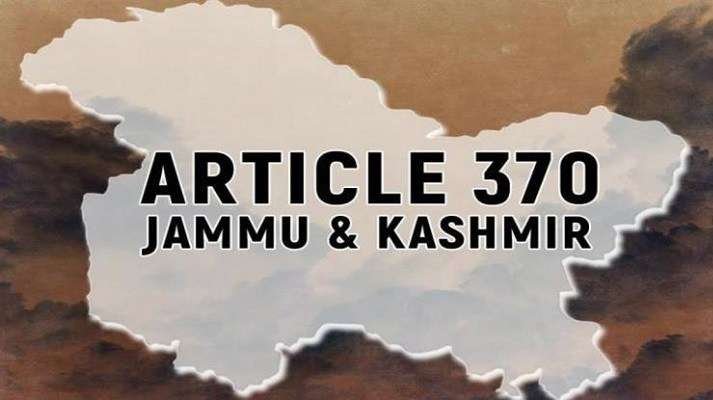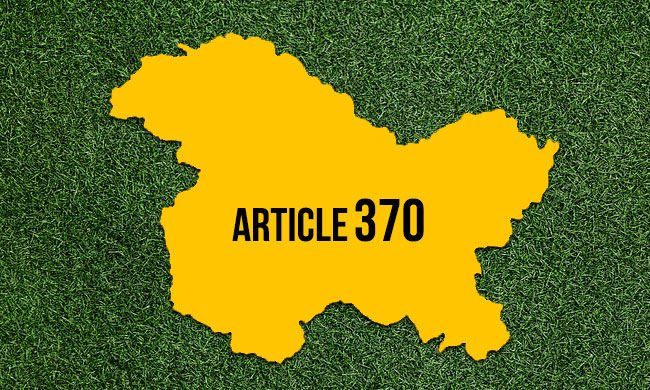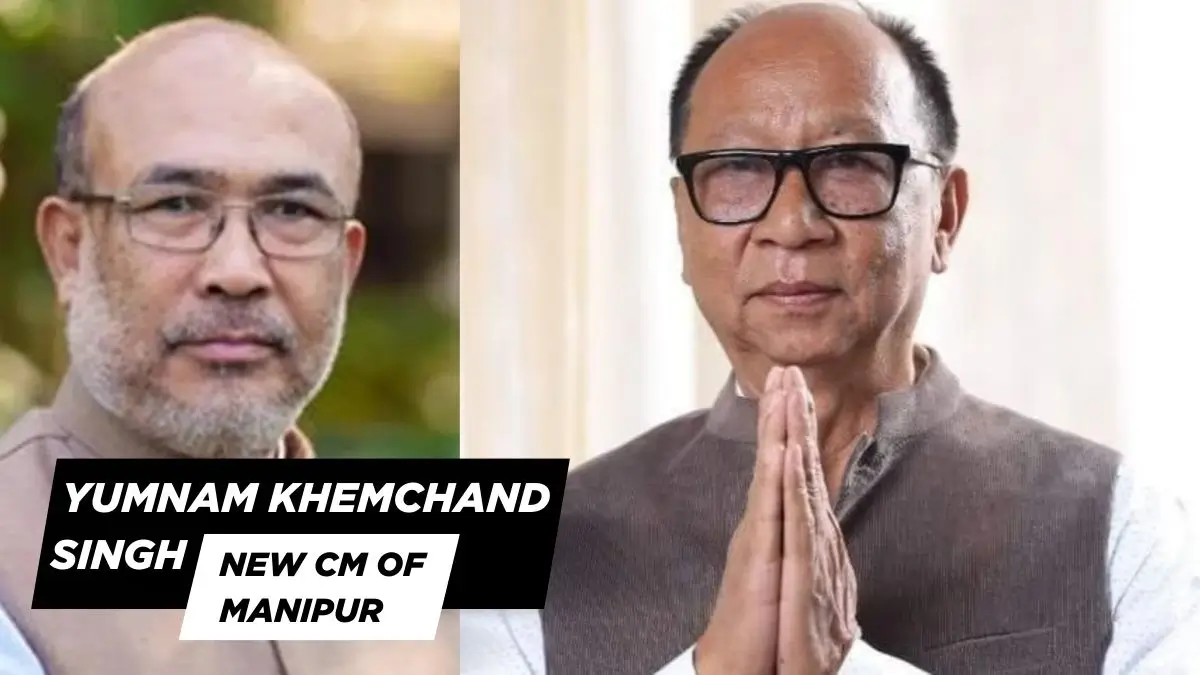Abrogation of Article 370 : Abrogation of Article 370 and its impact on Indian Politics
Introduction: The abrogation of Article 370 of the Indian Constitution, which granted special status to the state of Jammu and Kashmir, was a historic decision made by the Indian government in August 2019. The move had far-reaching implications for Indian politics and had sparked debates and discussions across the country. In this article, we will discuss the impact of the abrogation of Article 370 on Indian politics and its significance for students preparing for government exams.

Why this News is Important:
Impact on Indian Politics: The abrogation of Article 370 had a significant impact on Indian politics. It was a bold move by the government to integrate Jammu and Kashmir into the mainstream and to end the special status that the state had enjoyed for many decades. The move was widely appreciated by many across the country who saw it as a step towards national integration. However, it was also met with opposition from some who saw it as an attack on the identity and autonomy of the state.
Constitutional Implications: The abrogation of Article 370 also had important constitutional implications. It effectively ended the special status that Jammu and Kashmir had enjoyed under the Indian Constitution, and brought the state under the direct control of the central government. The move was accompanied by the passage of the Jammu and Kashmir Reorganization Act, which bifurcated the state into two Union Territories – Jammu and Kashmir and Ladakh.
Impact on International Relations: The abrogation of Article 370 had an impact on India’s relations with its neighbors, particularly Pakistan. The move was criticized by Pakistan, which saw it as a violation of the rights of the people of Jammu and Kashmir. It also raised concerns among some international organizations about the human rights situation in the region.
Historical Context
Article 370 was a temporary provision that was incorporated into the Indian Constitution in 1949. It granted special status to the state of Jammu and Kashmir, allowing it to have its own constitution, flag, and the power to make laws for itself. The provision was meant to be temporary, and its continuation had been a subject of debate for many years. The abrogation of Article 370 effectively ended the special status that the state had enjoyed for many decades.
Key Takeaways from “Abrogation of Article 370 and its impact on Indian Politics”:
| Serial Number | Key Takeaway |
|---|---|
| 1 | The abrogation of Article 370 had a significant impact on Indian politics, bringing Jammu and Kashmir under the direct control of the central government. |
| 2 | The move effectively ended the special status that the state had enjoyed under the Indian Constitution. |
| 3 | The abrogation of Article 370 had important constitutional implications. |
| 4 | The move had an impact on India’s relations with its neighbors, particularly Pakistan. |
| 5 | The abrogation of Article 370 raised concerns about the human rights situation in the region. |
Conclusion: The abrogation of Article 370 was a historic decision that had far-reaching implications for Indian politics. The move had important constitutional implications and was met with both appreciation and opposition. It also had an impact on India’s relations with its neighbors, particularly Pakistan. Students preparing for government exams should be familiar with the implications of this decision and its significance for Indian politics
Important FAQs for Students from this News
Q1. What was the purpose of Article 370?
A1. Article 370 was a temporary provision that granted special status to the state of Jammu and Kashmir, allowing it to have its own constitution, flag, and the power to make laws for itself.
Q2. What was the impact of the abrogation of Article 370 on Indian politics?
A2. The abrogation of Article 370 had a significant impact on Indian politics, bringing Jammu and Kashmir under the direct control of the central government and effectively ending the special status that the state had enjoyed under the Indian Constitution.
Q3. How did Pakistan react to the abrogation of Article 370?
A3. Pakistan criticized the abrogation of Article 370, seeing it as a violation of the rights of the people of Jammu and Kashmir.
Q4. What was the Jammu and Kashmir Reorganization Act?
A4. The Jammu and Kashmir Reorganization Act was passed by the Indian government along with the abrogation of Article 370. It bifurcated the state into two Union Territories – Jammu and Kashmir and Ladakh.
Q5. What were the constitutional implications of the abrogation of Article 370?
A5. The abrogation of Article 370 effectively ended the special status that Jammu and Kashmir had enjoyed under the Indian Constitution, and brought the state under the direct control of the central government.
Some Important Current Affairs Links

















